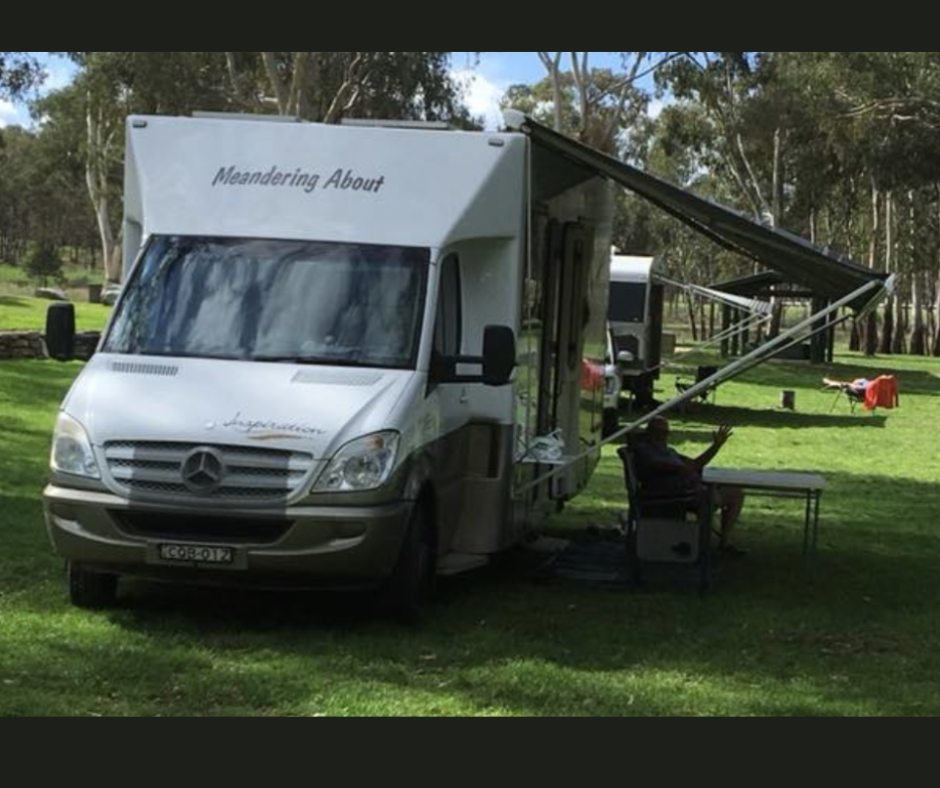Managing your wealth is about balancing out long-term desires and short-term needs. Cash is not king. Cashflow is king.
Over the last few months, I have spoken to several clients where the advice was focused on getting them through the short term with rising inflation and increasing mortgage repayments. While this comes at a cost to long term wealth creation, it was necessary for their immediate health and well-being.
There are three main phases when managing your wealth.
Wealth creation
The first phase is actively growing your wealth. This usually coincides with when you are buying your home and raising a family. The earlier you start with this the better you will be in the long run. However, it is important to understand your own limitations and educate yourself, so you know what to do and what not to do. Whatever you do, always make sure you have sufficient cashflow to live comfortably.
There are several ways to turbo charge your wealth creation. You can limit your spending to the essentials. While saving is crucial, I personally don’t agree with taking it to the extreme. Life is too short, and it is important to do the things you want to do. If that means keeping your motorbike or going out with friends, find a way to do it.
When building your wealth, it’s important to manage your debt wisely. Limit your bad debt, don’t overextend yourself, and where possible, only use debt to buy assets that are likely to grow. Sometimes, it might be necessary to move to interest only to manage short term cashflow needs.

Embracing risk is also necessary when growing your assets. History has shown that Australian equities over the last 30 years have provided returns of about 8.5% a year. Many people focus on the potential losses, but it’s worth noting that over the last 30 years there is only a 13% chance of having negative returns over a three-year period. On the other side of the ledger, the maximum returns over a three-year period have been just over 27%.
Wealth consolidation
The second phase is where you consolidate your wealth. This is often where people are between the ages of 55 and 65 and are looking to retire from the workforce shortly.
Often this phase is more about moving away from assets that provide lower incomes and higher growth towards ones that provide higher incomes. I certainly wouldn’t be recommending a 60-year-old buy an investment property with too much debt if they want to retire in the next five years.
We often also look to restructure things so there is no, or minimal debt and they are getting the most out of structures like super.
Draw-down
The last phase is usually in retirement, and it is where you either live off the income from your investments or more typically you start to sell some of them to ensure your cash flow needs are easily met.
The important consideration here is to minimise the need to draw down from your investments in a time of market falls. The worst one-year return from Australian equities over the last 30 years has been a fall of 40%. You don’t want to be in a position where you need to draw down on an investment if it has just fallen in value by 40%. For people dr4awing down on their investments, we generally structure their finances so the amount of money that they need to live off over the next two to three years is in a lower risk asset, like cash, that is not subject to market fluctuations.
We specialise in working with professionals and helping them achieve financial independence. If you are interested in having an independent financial adviser help you become financially independent, book a chat via the button below or contact us at team@constructwealth.com.au.
About the Author
Phil Harvey is an independent financial adviser. In 2017 Phil set up his company Construct Wealth to help clients best manage their finances so they focus on what is important to them. He is a founding member of the Profession of Independent Financial Advisers.
General Advice Warning
This advice contains general information. It may not be suitable to you because it does not consider your personal circumstances. Phil Harvey and Construct Wealth are authorised representatives of Independent Financial Advisers Australia (AFSL 464629)
See related articles
The most important thing about investing is to start
Most people want to be financially secure, but they also want the ability to keep doing the things that are most important to them. To be financially [...]
Investing in a volatile market
Continuing to invest when it looks like the market is falling is not easy. Mostly because our inner voice tells us not to buy something when there [...]
Are you doing everything needed to create financial independence?
One of the first things we do with clients is get a picture of where they are. There are 10 key areas we believe are critical to [...]



